Hydrocodone Detox and Treatment for Opioid Addiction
GET HELP TODAY!
100% Confidentiality Guaranteed


What Is Hydrocodone?
Hydrocodone is a prescription painkiller used to treat moderate to severe pain. It is an opioid and part of a group of drugs called narcotics. While helpful for short-term pain relief, hydrocodone can become highly addictive. Many people who start taking it for pain management develop a dependence.
Hydrocodone works by changing the way the brain and nervous system respond to pain. It also increases serotonin levels, producing feelings of pleasure. This euphoria often drives continued use and leads to opioid use disorders.
Common hydrocodone brand names include:
- Vicodin
- Norco
- Lortab
- Lorcet
- Hydrococet
- Donatussin
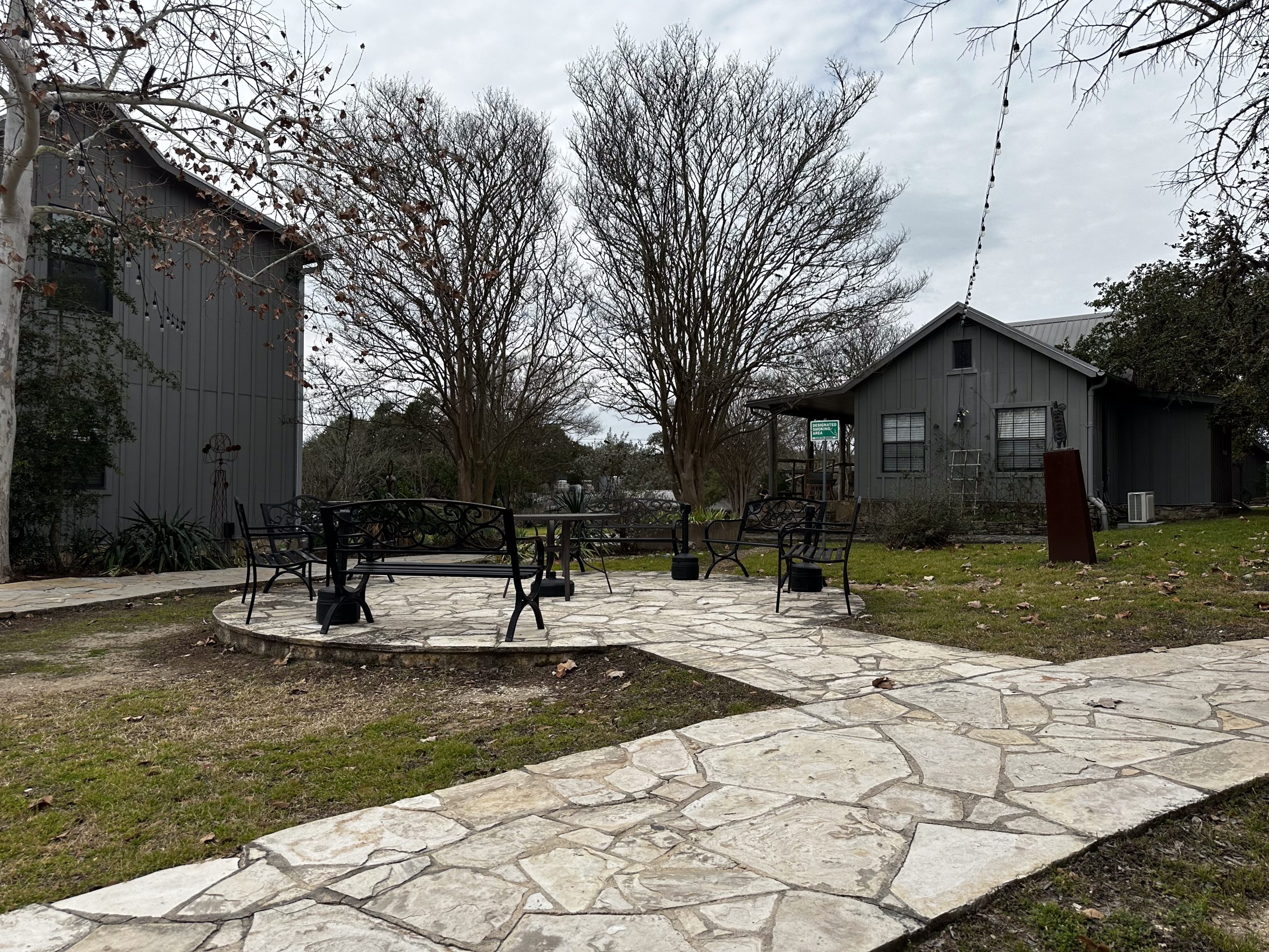

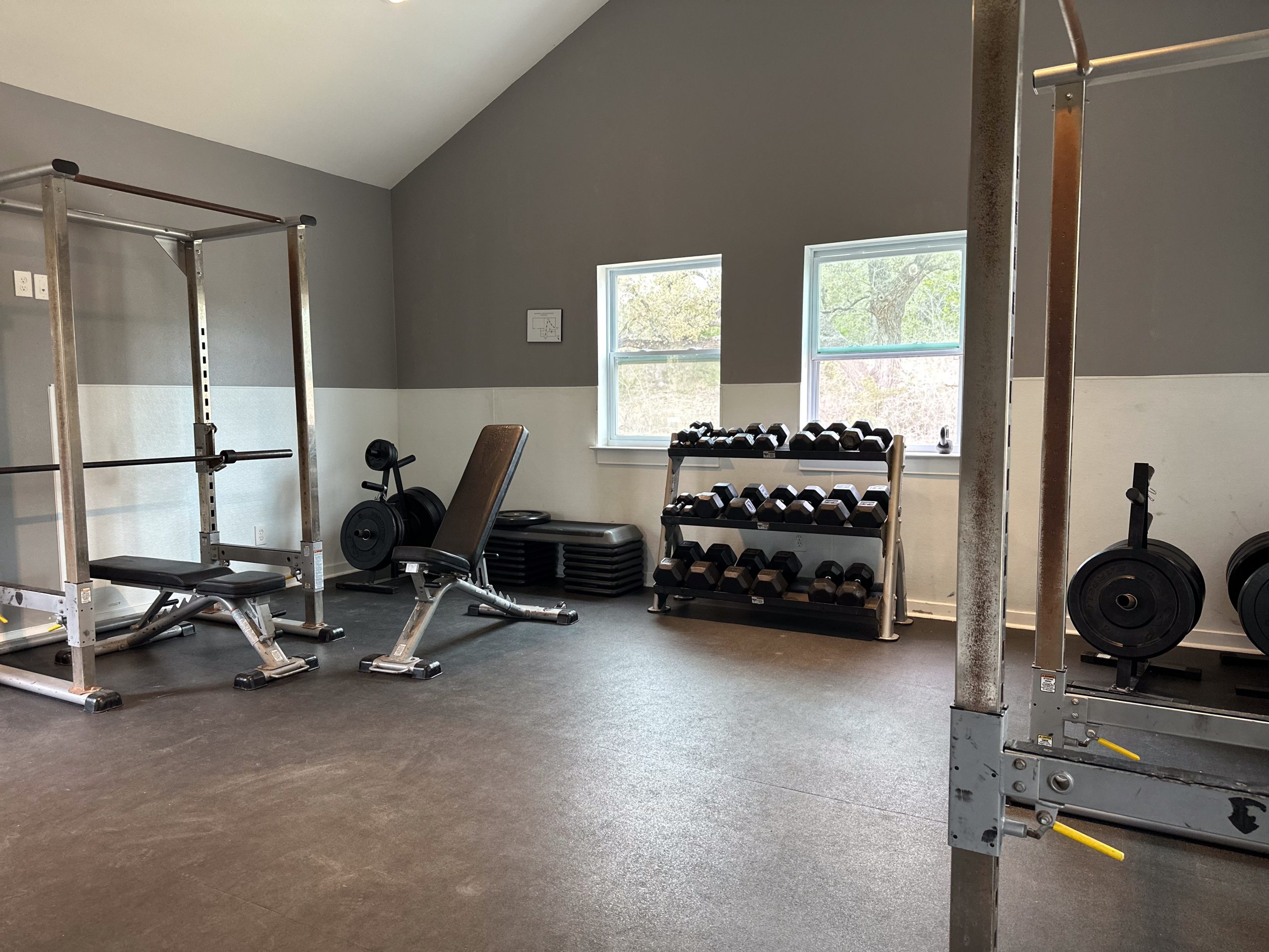
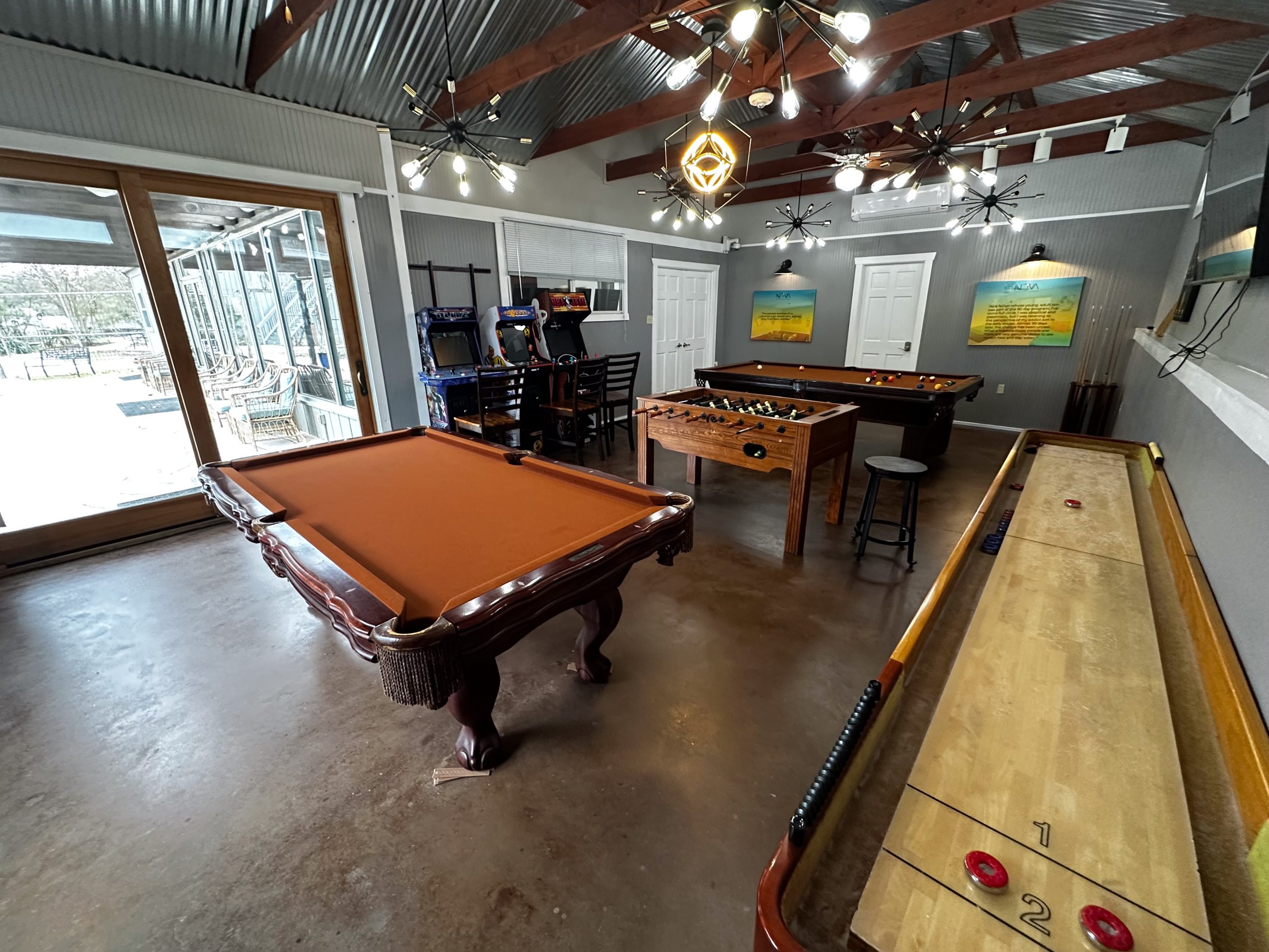
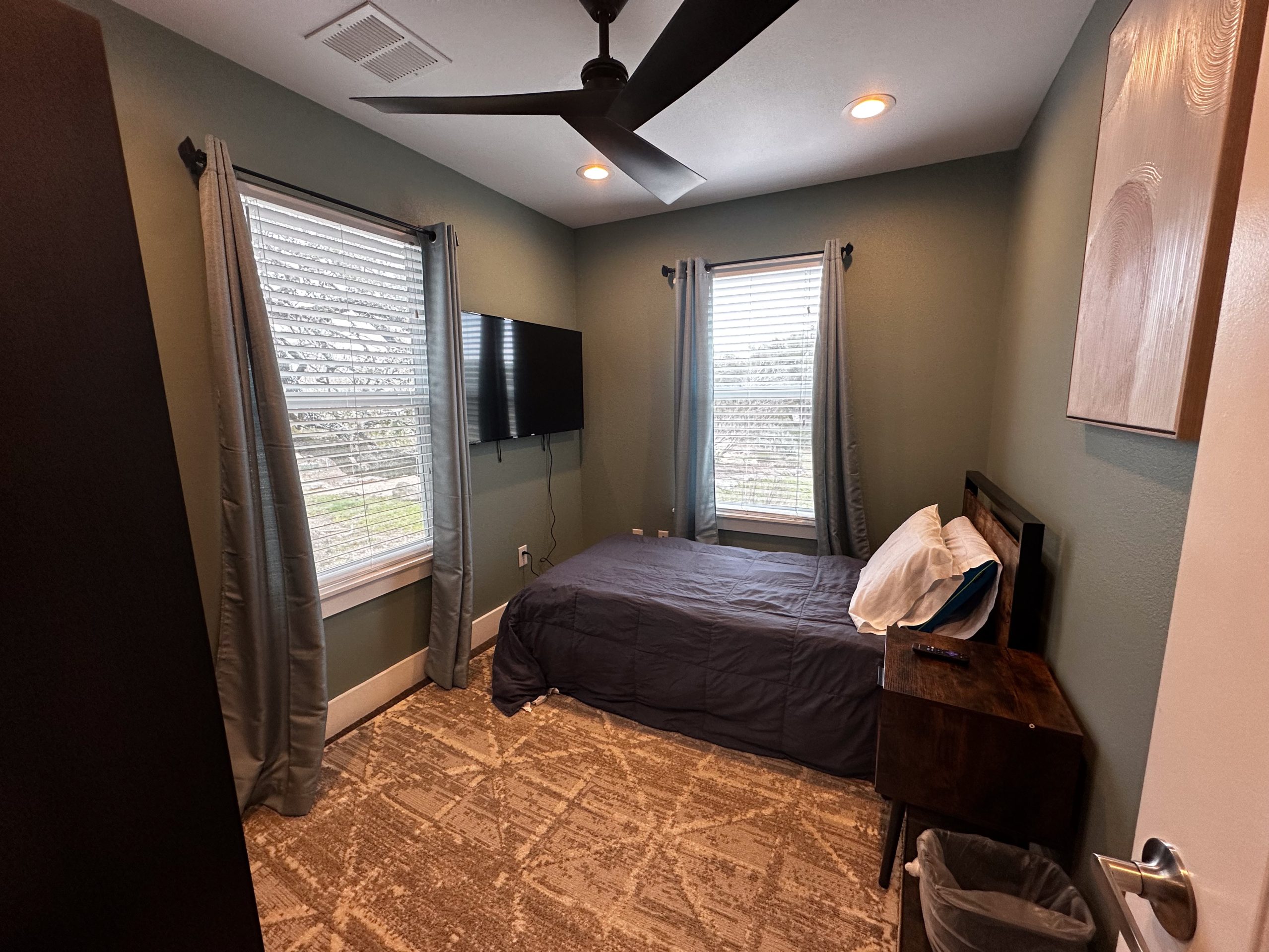

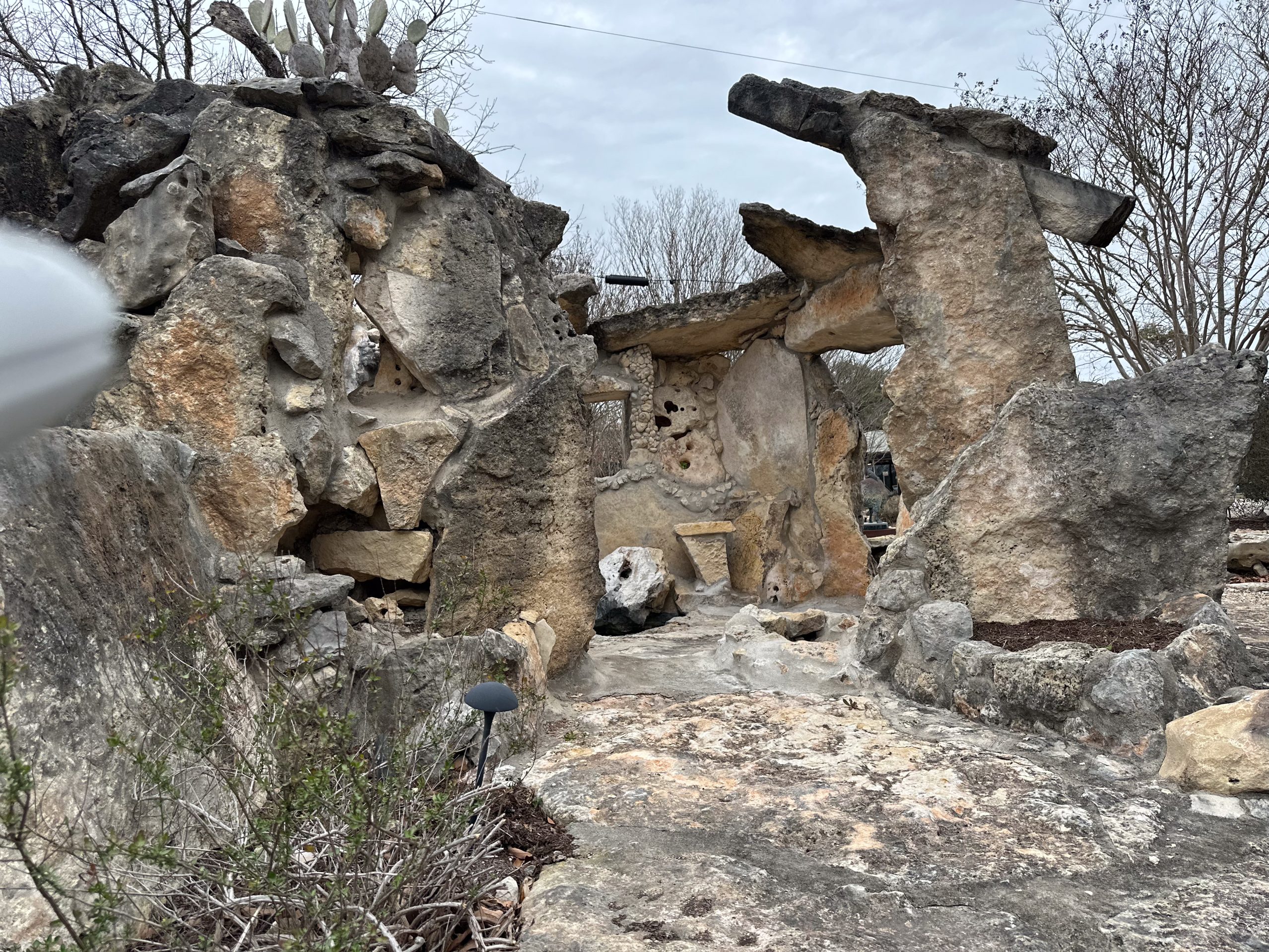
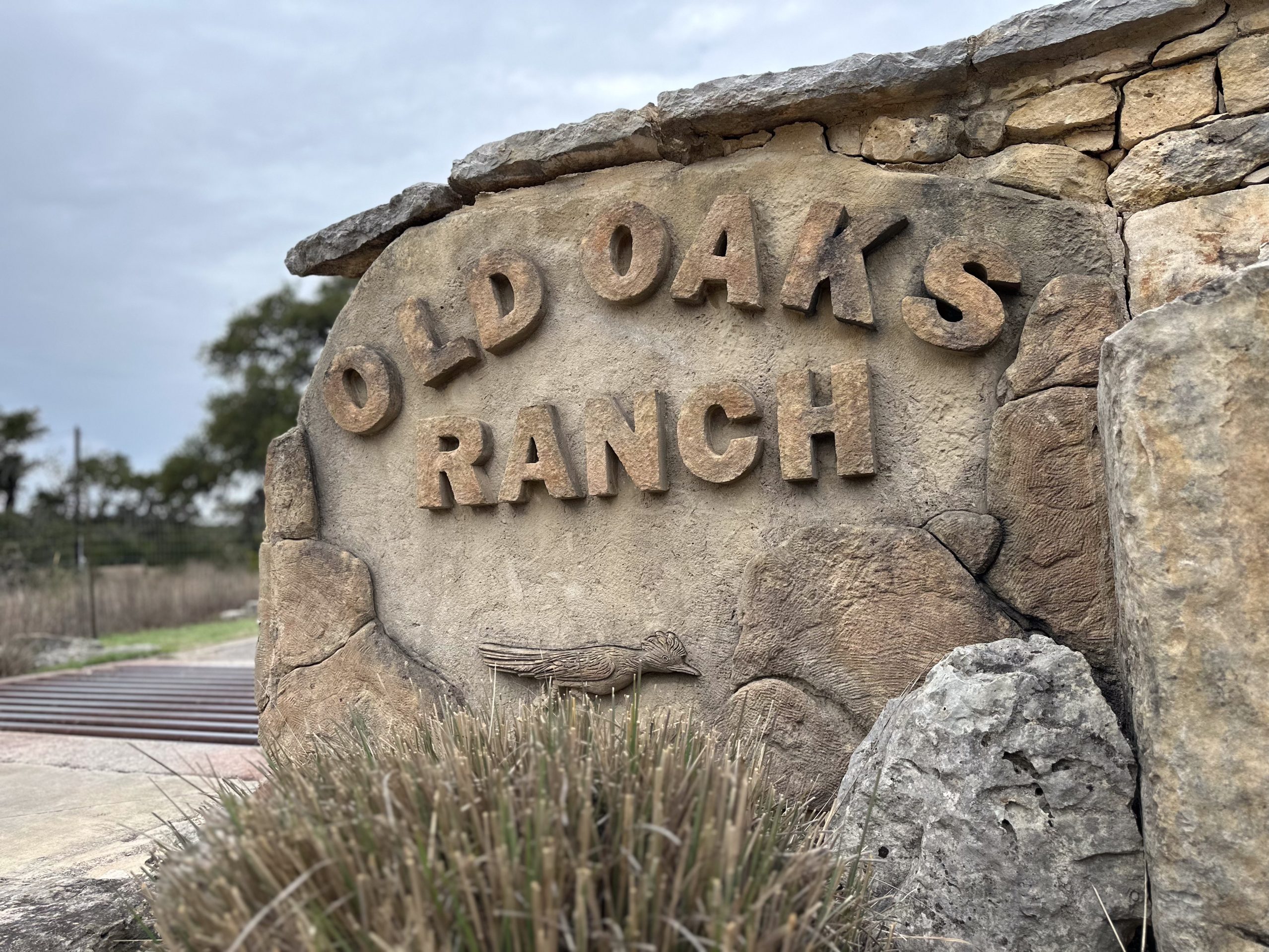


Street Names for Hydrocodone
Hydrocodone is often sold on the street under names like:
- Hydro
- Vikes
- Tabs
- Vicos
- Perks
- Norco
- Watsons
How Common Is Hydrocodone Abuse?
Hydrocodone is one of the most abused prescription painkillers in the United States. According to the National Institute on Drug Abuse, over 5.5 million people misused hydrocodone in 2018 alone. The U.S. consumes nearly 99% of the world’s hydrocodone supply.
Misuse includes:
- Taking larger or more frequent doses than prescribed
- Using someone else’s prescription
- Taking it to get high
Because it’s costly and difficult to maintain a prescription, some people turn to illegal drugs like heroin.
Effects of Hydrocodone Addiction
Short-term side effects of hydrocodone use may include:
- Drowsiness
- Dizziness
- Vomiting
- Nausea
- Constipation
- Slow heart rate
- Shallow breathing
Long-term abuse may cause:
- Liver damage
- Mood swings
- Anxiety or depression
- Hallucinations or psychosis
- Death
Hydrocodone addiction can become life threatening if left untreated.
Signs of Addiction
People addicted to hydrocodone may:
- Isolate from family members
- Spend excessive money on drugs
- Lie or exaggerate pain to get more prescriptions
- Visit multiple doctors
- Show extreme mood swings
If you see these signs in a loved one, professional help is needed. Addiction does not go away on its own. Seeking early intervention can reduce long-term damage and improve the recovery journey.
Withdrawal and Detox
Hydrocodone Withdrawal Symptoms
When someone stops taking hydrocodone, the body reacts. Common hydrocodone withdrawal symptoms include:
- Muscle aches
- Depression
- Anxiety
- Chills and goosebumps
- Cravings
- Headaches
- Vomiting and diarrhea
- Irritability and fatigue
Withdrawal symptoms can range from mild to severe, and the intensity often depends on how long the drug was used and at what dosage. Some people may only experience discomfort, while others suffer from intense mental health issues and physical symptoms.
Why Medically Supervised Detox Matters
Quitting suddenly (cold turkey) can be dangerous. A professional detox program provides medical supervision to manage severe withdrawal symptoms and reduce the risk of complications. Medical care also helps prevent relapse.
A healthcare professional may offer medication management, emotional support, and behavioral therapies. These services address both the physical and mental health issues tied to opioid addiction. Many people benefit from structured detox support, especially if they have co-occurring mental illnesses like post traumatic stress disorder.
Hydrocodone Withdrawal Timeline
- 12 hours after last dose: Symptoms like yawning, watery eyes, and insomnia begin.
- 1 to 3 days: Symptoms peak. Vomiting, diarrhea, anxiety, and muscle aches are common.
- After 4 days: Most symptoms fade, but some may experience post-acute withdrawal syndrome (PAWS) with lingering mental health challenges.
The hydrocodone withdrawal timeline varies from person to person. It may also vary depending on the person’s overall medical condition and whether they used other addictive substances or alcohol and drugs simultaneously.
More Time. More Joy. More You. Start Now.
WE ACCEPT MOST INSURANCES







Hydrocodone Detox Services
A medically supervised detox includes:
- 24/7 medical supervision
- Medications to ease withdrawal
- Therapy for emotional and mental health
- Group and individual counseling
These services ensure a safe and stable start to recovery. Detox alone does not treat addiction. It is only the first step in a comprehensive addiction treatment program.
Hydrocodone Rehab Programs
Types of Rehab
Once detox is complete, patients enter a structured treatment center for hydrocodone rehab. Programs vary depending on severity and needs.
Inpatient Treatment
Patients live onsite, follow a strict schedule, and attend daily therapy. This is ideal for those with long-term addiction or unsafe home environments. Inpatient treatment provides constant support and access to a team of healthcare professionals.
Outpatient Drug Rehab
Patients attend weekly sessions but live at home. This is best for people with mild addictions or those unable to commit to inpatient rehab. Outpatient treatment programs still offer strong support. Many people combine outpatient care with other recovery support services.
Treatment Options and Services
Effective hydrocodone addiction treatment includes:
- Individual and group counseling
- 12-step recovery program
- Family therapy
- Relapse prevention education
- Behavioral therapies like cognitive behavioral therapy (CBT)
These services help people stay sober and rebuild daily life skills. Addiction treatment programs must be tailored to individual needs. One size does not fit all.
What Influences Treatment Success?
Outcomes vary depending on:
- How long and how much hydrocodone was used
- Presence of co-occurring mental illnesses
- Social support system
- Willingness to follow through with the recovery program
- Level of care received
Recovery also depends on early recovery support and consistent follow-up care. Factors including mental health issues, access to supportive environments, and whether someone is receiving help from social workers all play a role. A successful recovery plan should reduce the risk of relapse and increase the chance to live a stable life.
Freedom Starts Here. Take Back Your Life Today.
Same-Day Admissions in Austin Available.
Continued Recovery Support
Sober Living Homes
Some patients need more time before returning to independent living. Sober living homes provide structure, curfews, peer support, and regular drug testing. They also assist with employment and education planning.
Sober living programs help maintain sobriety in early recovery and prevent relapse. Living in a recovery-focused setting helps reinforce healthy habits and accountability. These programs also offer a bridge between rehab and daily life.
Aftercare Programs
Aftercare is essential for long term recovery. Programs include:
- Weekly alumni meetings
- Peer recovery support groups
- Therapy check-ins
- Online support groups and 12-step program involvement
These continuing care services reduce the risk of relapse and offer ongoing encouragement. A strong aftercare plan ensures individuals continue to build on the progress they made in treatment.
How to Pay for Rehab
Treatment facilities offer several payment options:
- Health insurance
- Employee Assistance Programs (EAPs)
- Medical credit cards
- Scholarships or grants
- Personal loans or out-of-pocket payments
A treatment center can guide you in choosing the right financial plan. Many centers work directly with insurance companies to reduce costs.
Final Notes on Recovery
Hydrocodone addiction is a serious health issue. It affects the brain, body, and relationships. If left untreated, it can become life threatening. But help is available.
With the right detox and rehab services, recovery is possible. Programs offer multiple levels of care and address both physical dependence and mental health conditions. Whether you’re battling short term misuse or a long-term addiction, seeking help from a licensed addiction treatment program is the first step.
Treatment plans vary depending on each person. Factors including history of use, medical condition, and environment all play a role. But with medical assistance, behavioral health care, and support groups, many individuals recover and return to a meaningful, sober life.
If you or someone you love is struggling with hydrocodone addiction, don’t wait. Talk to a mental health professional or addiction specialist today and begin the journey toward healing. Recovery is not just possible—it’s within reach.
Hydrocodone FAQs: Painkiller Strength, Narcotic Classification, and Safe Use
Is hydrocodone a strong painkiller?
Yes, hydrocodone is considered a strong prescription opioid painkiller. It is commonly prescribed for moderate to severe pain but carries a high risk of misuse, dependence, and addiction when not taken as directed.
What kind of narcotic is hydrocodone?
Hydrocodone is a semi-synthetic opioid narcotic. It works by binding to opioid receptors in the brain and nervous system, altering pain perception while also producing feelings of euphoria.
Which is stronger, oxycodone or hydrocodone?
Oxycodone is generally considered more potent than hydrocodone on a milligram-to-milligram basis. Both drugs are opioids with high abuse potential, and choosing between them depends on medical need, dosage, and individual response.
Is hydrocodone a Percocet?
No, hydrocodone is not the same as Percocet. Percocet contains oxycodone and acetaminophen, while hydrocodone is the active ingredient in medications like Norco, Vicodin, and Lortab.
What are the strongest painkillers on prescription?
The strongest prescription painkillers are opioids such as fentanyl, hydromorphone, and oxycodone. These drugs are used in cases of severe pain but are prescribed with caution due to addiction risks.
What painkiller does a doctor prescribe?
Doctors prescribe painkillers based on the severity of pain and patient history. Options may range from non-opioid medications like ibuprofen to opioids such as hydrocodone for more serious conditions.
What are the most commonly prescribed painkillers?
Commonly prescribed painkillers include hydrocodone, oxycodone, tramadol, codeine, and acetaminophen-based combinations. Among them, hydrocodone has historically been one of the most widely prescribed opioids.
What do doctors prescribe for severe pain?
For severe pain, doctors may prescribe opioids like hydrocodone, oxycodone, or morphine. These medications are intended for short-term use under close supervision to prevent misuse and addiction.
Is an opioid considered a narcotic?
Yes, opioids like hydrocodone are considered narcotics. They are classified as controlled substances due to their potential for misuse, dependence, and life-threatening overdose.
What is an example of an opiate narcotic?
Examples of opiate narcotics include morphine, codeine, and heroin. Hydrocodone and oxycodone are semi-synthetic opioids that fall into the same narcotic drug class.
What are common narcotic drug names?
Common narcotic drug names include hydrocodone, oxycodone, morphine, fentanyl, and codeine. Brand names often include Vicodin, Norco, Lortab, OxyContin, and Percocet.
What drug classes are considered narcotics?
Narcotics include both natural opiates (like morphine and codeine) and synthetic or semi-synthetic opioids (like hydrocodone, oxycodone, and fentanyl). These are Schedule II controlled substances due to their high potential for abuse.

